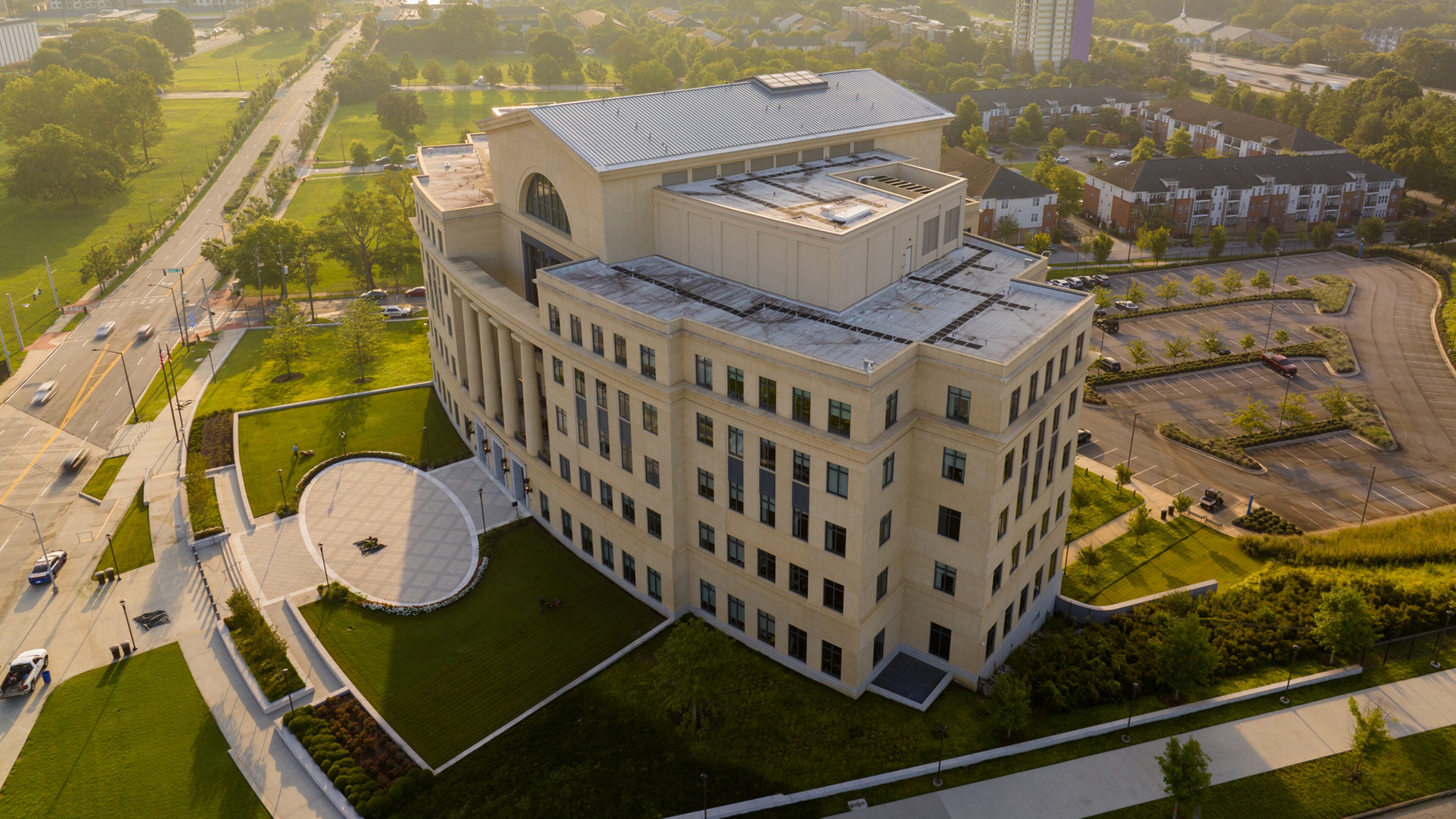Georgia Supreme Court casts doubt on child custody law

The Georgia Supreme Court on Tuesday raised major questions about a nearly 6-year-old state law that lets people seek custody of children they are not the legal guardians of or otherwise related to by blood.
The court unanimously ruled that a woman was not entitled to custody of a young girl she had helped raise since birth with her ex-partner. While the court did not strike down the law, it said the case raises serious questions about “the fundamental right of parents to the care, custody, and control of their children.”
“We have serious concerns about the constitutionality of the statute,” Presiding Justice Nels Peterson wrote for the court.
A parent-child relationship can be difficult to define, especially as changing cultural norms have embraced nontraditional families. At least 38 states now recognize the concept of a “de facto parent,” where legal rights are rooted in the person’s relationship to the child.
In 2019, Republican Gov. Brian Kemp signed the Equitable Caregiver Act, which gives people the right to ask for custody if they can prove they have a “permanent, unequivocal, committed and responsible parental role” for the child.
Abby Boone believed she met that description. She helped raise a young girl for the first four years of the child’s life along with her partner, Michelle Dias. The girl is a cousin of Dias, who legally adopted her in 2011. Boone was not part of that adoption, but the court noted the girl’s middle name is listed as “Boone” on the child’s new birth certificate.
Boone and Dias broke up in 2014. But Boone was still part of the girl’s life, saying Dias gave her legal permission to help make decisions about the girl’s care.
That ended in 2018, when Dias stopped all contact between Boone and the girl. Boone sought custody and visitation time in 2019, about a month after Georgia’s law took effect.
The Georgia Supreme Court ruled the law doesn’t apply to Boone because her relationship with the girl happened before the law took effect. But the justices raised broader questions about the law, saying one way it could stay in effect would be for a parent to “waive their constitutional right at least in some limited fashion.”
“But only a knowing and voluntary waiver would suffice,” Peterson wrote.
Boone’s attorney, Denise D. VanLanduyt, said Georgia had joined other states that “have recognized the importance of protecting parental bonds formed between children and parental figures to whom they are not biologically elated.”
“Efforts to strike down that statute threaten to make that bond the collateral damage of divorce and breakups,” she said. “This decision will have a harmful effect on the lives of thousands of children in Georgia whose parental bonds have been protected by this statute in the nearly six years since it was enacted.”
Dias’ attorney, Elizabeth Pitts, said there are many other options for people who have parental roles, including guardianship.
“I think it’s a far-fetched notion that it’s going to harm children,” she said. “I think that parents generally speaking are presumed to make good decisions for their children, and we have to trust and respect that.”



